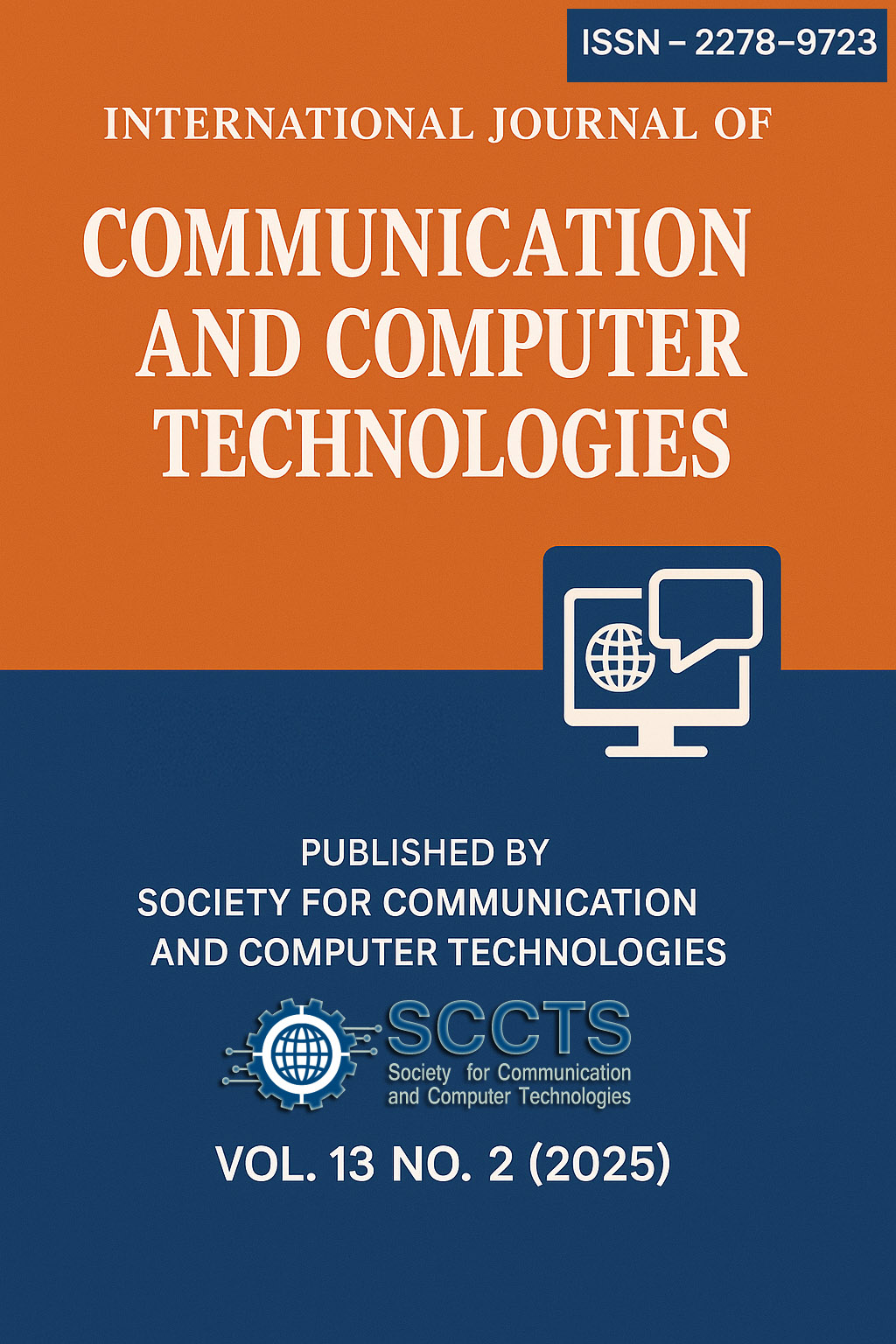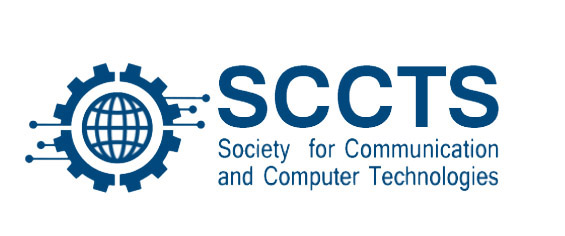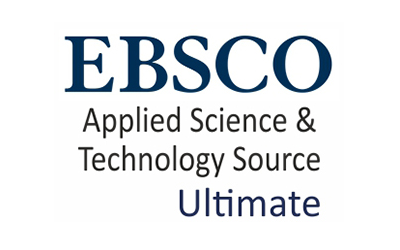Publication Ethics and Publication Malpractice Statement
Publication Ethics and Publication Malpractice Statement
The International Journal of Communication and Computer Technologies (IJCCTS) is dedicated to upholding the highest standards of publication ethics and preventing publication malpractice. This statement outlines the ethical behavior expected from all parties involved in the publication process, including authors, editors, reviewers, and the publisher.
1. Responsibilities of Authors:
- Originality and Plagiarism: Authors must ensure that their work is original and free from plagiarism. Proper citation and acknowledgment of all sources are mandatory.
- Data Integrity: Authors should present accurate data and findings. Fabrication, falsification, or manipulation of data is unethical and unacceptable.
- Authorship: All individuals who have made significant contributions to the research must be listed as co-authors. The corresponding author must ensure that all co-authors have approved the final version of the manuscript and agreed to its submission.
- Disclosure and Conflicts of Interest: Authors must disclose any potential conflicts of interest and all sources of financial support for the research.
- Reporting Standards: Authors must accurately describe their research methods and findings, and provide sufficient detail for replication.
2. Responsibilities of Editors:
- Fair Play: Editors must evaluate manuscripts based on their intellectual content, without discrimination based on race, gender, sexual orientation, religious belief, ethnic origin, citizenship, or political philosophy of the authors.
- Confidentiality: Editors must maintain confidentiality regarding the submitted manuscripts and not disclose any information to anyone other than the corresponding author, reviewers, potential reviewers, other editorial advisers, and the publisher.
- Conflict of Interest: Editors must not use unpublished information in their own research without the explicit written consent of the authors. They must also recuse themselves from handling manuscripts in which they have conflicts of interest.
- Publication Decisions: Editors are responsible for deciding which articles submitted to the journal should be published. The decision should be based on the manuscript’s importance, originality, clarity, and relevance to the journal’s scope.
3. Responsibilities of Reviewers:
- Confidentiality: Reviewers must treat manuscripts as confidential documents and must not disclose or discuss them with others except as authorized by the editor.
- Objectivity: Reviews should be conducted objectively, and reviewers should provide clear, constructive feedback without personal criticism of the author.
- Acknowledgment of Sources: Reviewers should identify relevant published work that has not been cited by the authors. Any statement that is an observation, derivation, or argument previously reported should be accompanied by the relevant citation.
- Conflict of Interest: Reviewers should not review manuscripts in which they have conflicts of interest resulting from competitive, collaborative, or other relationships with any of the authors, companies, or institutions connected to the papers.
4. Responsibilities of the Publisher:
- Ethical Oversight: The publisher is committed to ensuring that commercial interests do not influence editorial decisions. They support the journal in maintaining ethical standards and handle cases of misconduct appropriately.
- Access and Preservation: The publisher ensures that published content is freely accessible and preserved for future generations.
5. Handling of Unethical Behavior:
- Identification and Investigation: Any form of unethical behavior should be reported to the editor or publisher. The editor and publisher will investigate the allegations promptly and thoroughly.
- Corrective Actions: If unethical behavior is confirmed, appropriate actions will be taken, including retraction or correction of articles, banning authors from future submissions, and notifying relevant institutions.
6. Appeals and Complaints:
- Appeal Process: Authors have the right to appeal editorial decisions. Appeals must be based on specific reasons and submitted in writing to the editorial office.
- Complaint Resolution: Complaints regarding ethical issues are handled according to the journal’s established procedures, ensuring a fair and transparent process.
By adhering to these ethical guidelines, IJCCTS aims to maintain the integrity and quality of the research it publishes, fostering trust and credibility within the academic community and beyond.




 The articles in Worldwide Medicine are open access articles licensed under the terms of the
The articles in Worldwide Medicine are open access articles licensed under the terms of the 